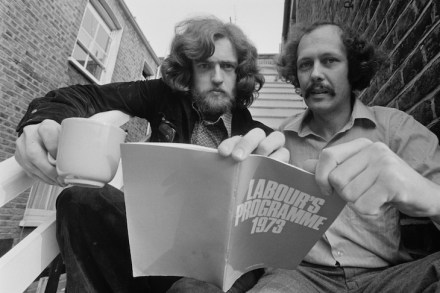Spectator competition winners: Jeremy Corbyn – the early years
The call for the comically appalling first or final paragraph of the memoir of a well-known figure was one of those challenges where we raise a glass in memory of Edward Bulwer-Lytton, Victorian novelist and patron saint of purple prose. The oft-cited example of his florid style is the opening to the 1830 novel Paul






